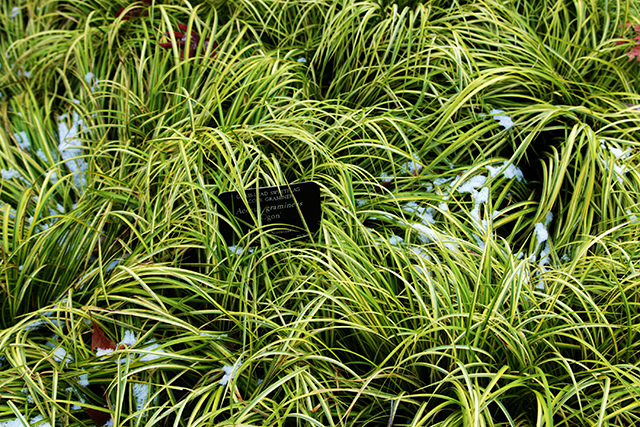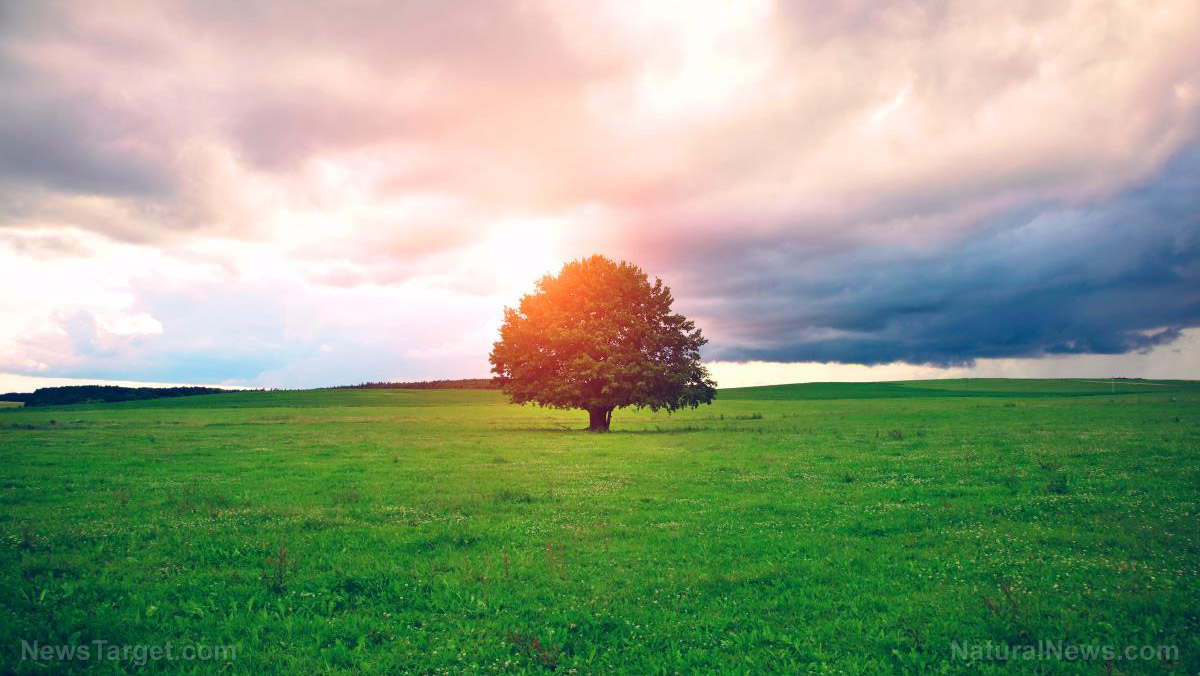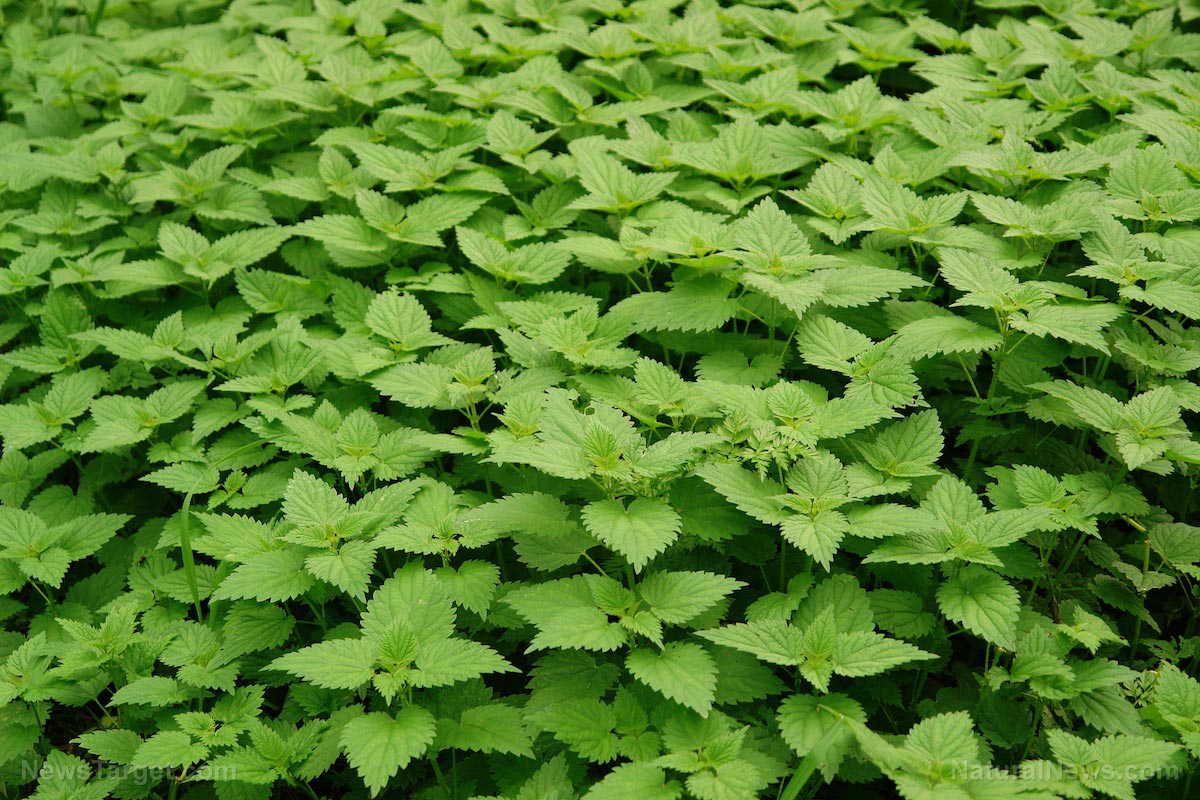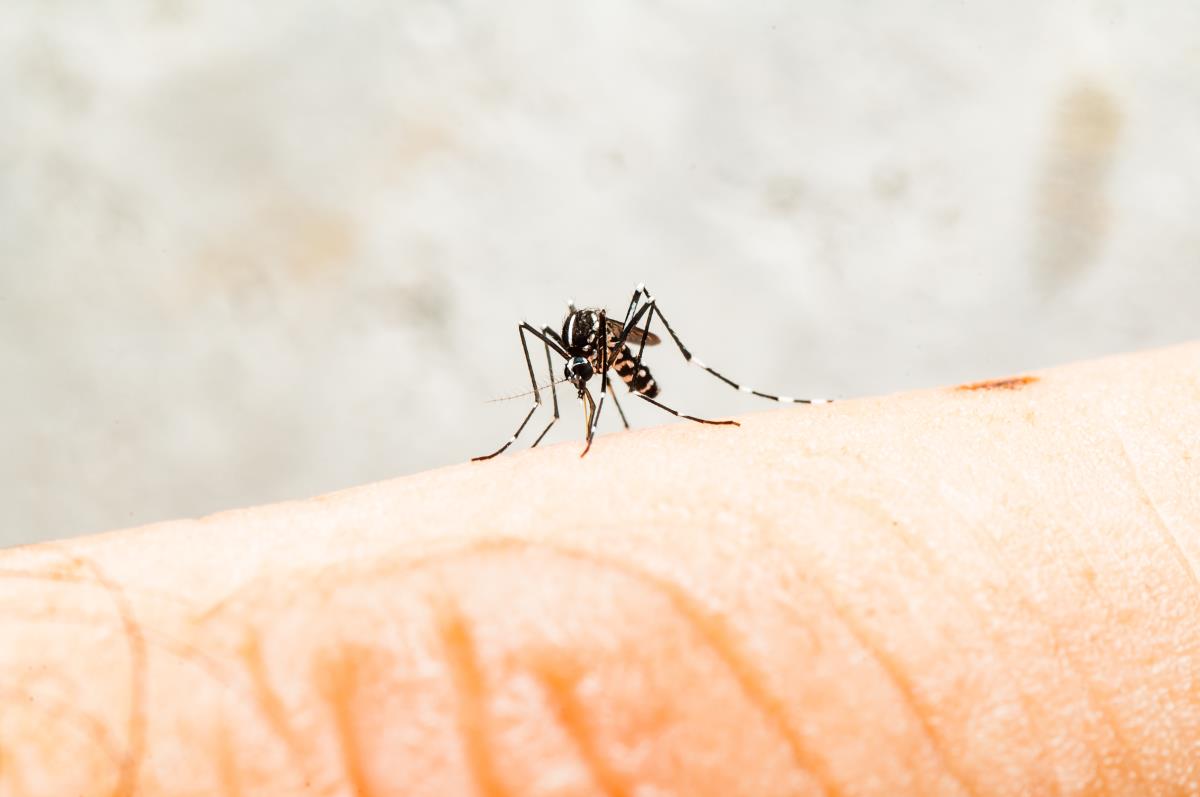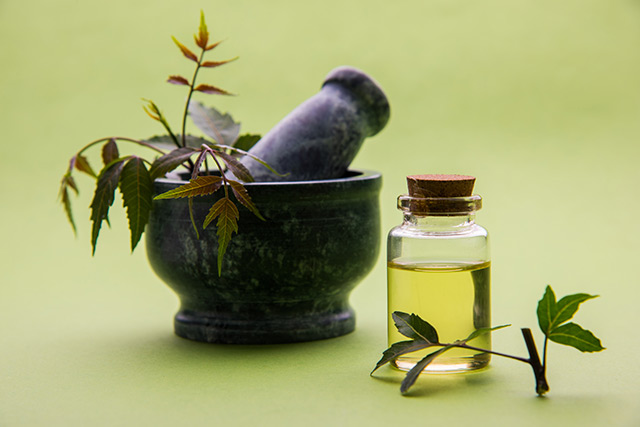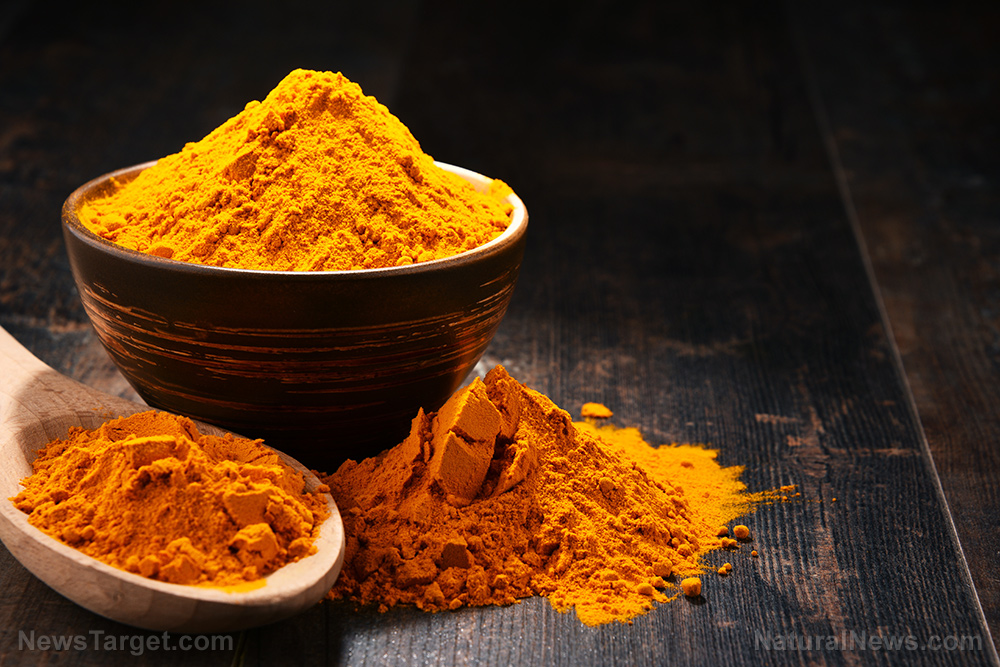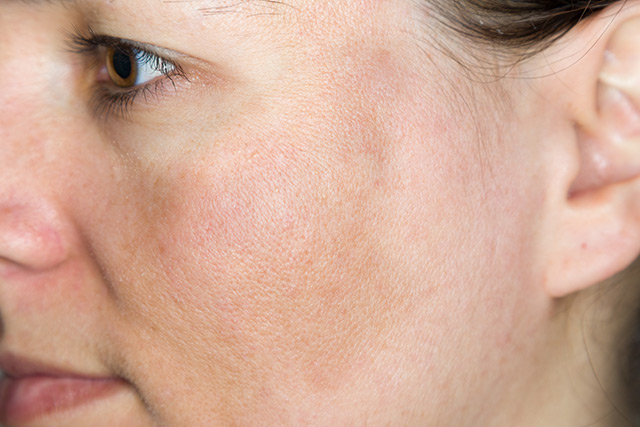The health benefits of stevia and how to grow it
01/08/2018 / By Ralph Flores

Stevia (Stevia rebaudiana) is a plant that is endemic to the highlands of Paraguay in South America. It is popularly known as a natural sweetener, thanks to its leaves which contain sweet glycosides. The plant is now being commercially grown in many parts of South America and Asia, and the food and beverage industry is now using it as a sweetener and a flavor enhancer. Studies have noted that the chemical compound obtained from stevia is one of the most potent alternatives to sugar, especially for people with diabetes.
The sweetening component of stevia is found in its leaves, which contain a “pleasantly sweet” and refreshing taste in the mouth. While the veins of the leaf may sometimes leave a bitter aftertaste, these are still used in various food preparation methods. Initially, the leaves are consumed directly or ground and packed into tea bags. However, with the increased demand for the product, the leaves are also processed as an additive, or flavor enhancer, in tea, salad, fruit, and coffee.
The World Health Organization (WHO) has noted stevia’s beneficial effects. Some of the effects noted include regulation of blood pressure, reduction of cavities, and the increase of insulin production for the pancreas. It also can act as a bactericidal and an antiseptic agent.
Stevia leaves are the main source of steviol glycosides, stevioside, and rebaudioside, which are its primary sweetening ingredient. While these were noted to be 300 times sweeter than table sugar, they have not shown any effect with blood sugar – making it a possible alternative to non-natural sweeteners. Moreover, stevia has a high anti-oxidant count due to the presence of flavonoids and phenols.
Mother Nature's micronutrient secret: Organic Broccoli Sprout Capsules now available, delivering 280mg of high-density nutrition, including the extraordinary "sulforaphane" and "glucosinolate" nutrients found only in cruciferous healing foods. Every lot laboratory tested. See availability here.
Aside from this, stevia has been known to be effective in treating skin problems such as dermatitis, eczema, wrinkles, skin blemishes, acne outbreaks, scarring, rashes, and itchiness. (Related: Stevia is a natural anti-inflammatory and anti-cancer agent.)
Other benefits of stevia include:
- It may lower blood pressure – Studies have indicated the stevioside, one of the sweetening compounds may lower blood pressure when it is unnaturally high.
- It may help fight diabetes – Stevia has been found to stabilize the manage insulin functions and help lower blood sugar levels.
Growing stevia
To maximize the benefits of growing the stevia plant, the temperature of the area where it will be planted must be above 20 C and have anywhere from 12 to 16 hours of sunlight in a day. This way, the plant’s stevioside levels may increase. It is a semi-humid tropical plant, which means that for maximum leaf growth, a climate where there is a long spring and summer days are preferred.
The plant grows in “well-drained” fertile loamy soil that is rich in nutrients. To achieve optimal results, keep soil acidity level to neutral and ensure the plant has a consistent supply of moisture, as the plant cannot grow in drought-like conditions. It is best to water at an interval of three to five days, and add mulches around the plant in high temperature.
Stevia leaves can be harvested three months after planting, depending on the season. The best time for harvest is when the plants are 50 to 70 centimeters in high, and just before the days become shorter as this will trigger flowering. When harvesting, the tips of the stems can be clipped off, as they contain the same amount of stevioside as the leaves.
Learn more about the health benefits of stevia and other natural sweeteners at Sweeteners.news.
Sources include:
AJFAND.net [PDF]
Tagged Under: growing stevia, health, herbal sweetener, Herbs, ingredients, natural remedies, natural sweetener, stevia, sweetener, tropical plants




